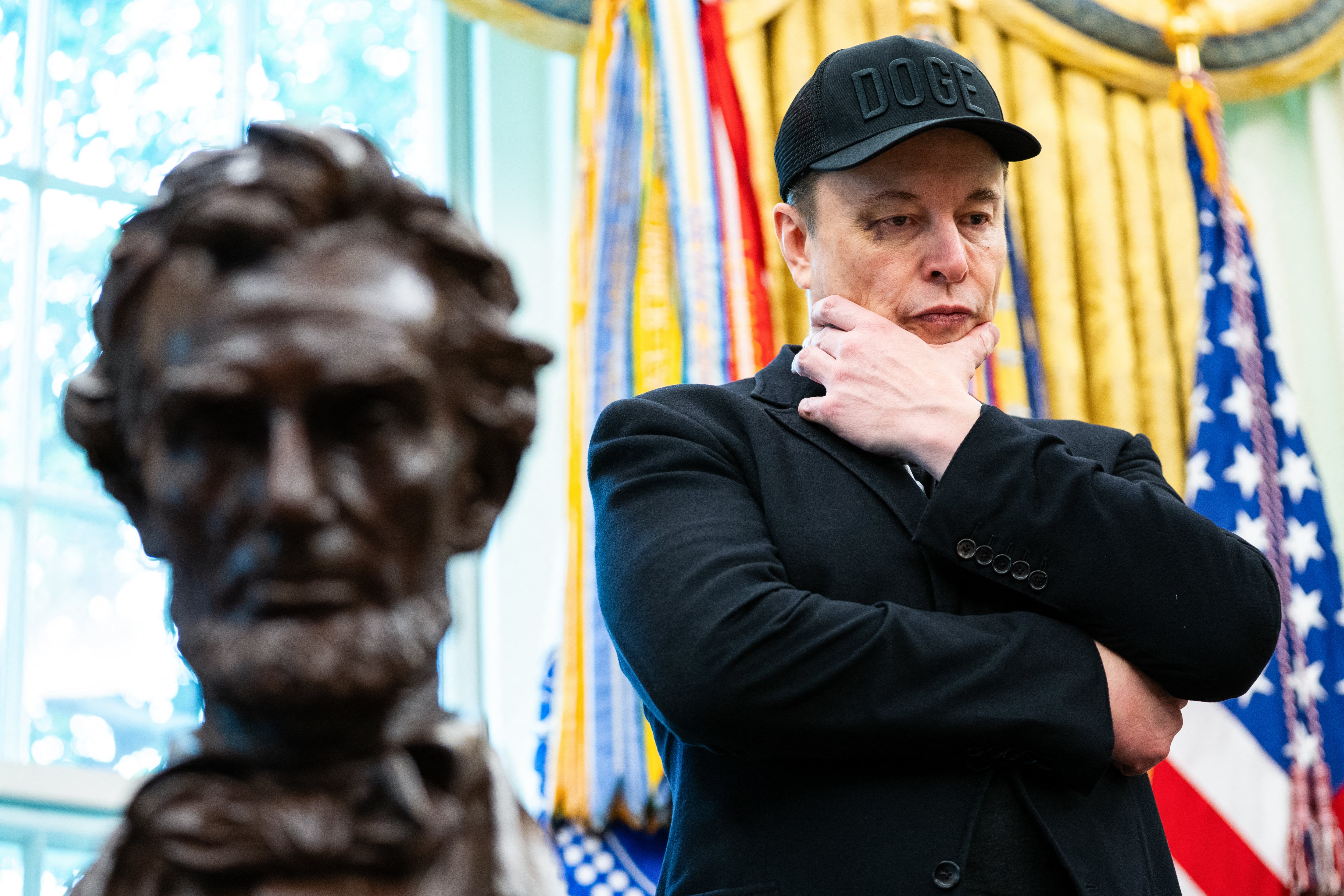Move over Tesla and Nikola: there is another electric semi-truck joining the race.
Just weeks after Nikola debuted on the Nasdaq, with a quick spike that put it on the same level as Ford Motor Company, attention is now turning to another electric newcomer to the public markets, Hyliion.
The company builds electric powertrains that can be retrofitted onto existing fleets of trucks and founder and CEO Thomas Healy thinks now is the time to take his company public.
"We're at a point where we're moving into commercialization. We already started deploying products to fleets across the U.S.," Healy said. "We've got to go figure out manufacturing, really being able to scale things up."
On Monday, the stock $SHLL, which will be changed to $HYLN once the special-purpose acquisition goes through, soared 30 percent. It jumped more than 5 percent early Tuesday.
Healy points out that there are two key differences between his product and Nikola's. While Nikola ($NKLA ) provides the fuel and builds out the whole truck, Hyliion only focuses on building powertrains to convert existing Class 8 trucks into hybrids. And instead of deriving electricity from hydrogen, like Nikola, Hyliion uses natural gas to recharge the battery pack.
"For us, we're bringing the fueling source with us, the natural gas, and producing electricity as you're driving down the road," Healy said. "We're leveraging the different trucks as opposed to trying to re-invent the entire truck from the ground up."
Hyliion has already scored some major deals with major truck manufacturers like Penske.
Although at 28-years-old Healy is not yet an industry veteran, but he believes he's hired the right people to keep the 5-year-old company on the right track.
"My role in this organization is I'm the innovator and bringing the inspiration to the organization," Healy said. "We've got a fantastic leadership team here that can really go drive the company forward and go execute to this vision."








